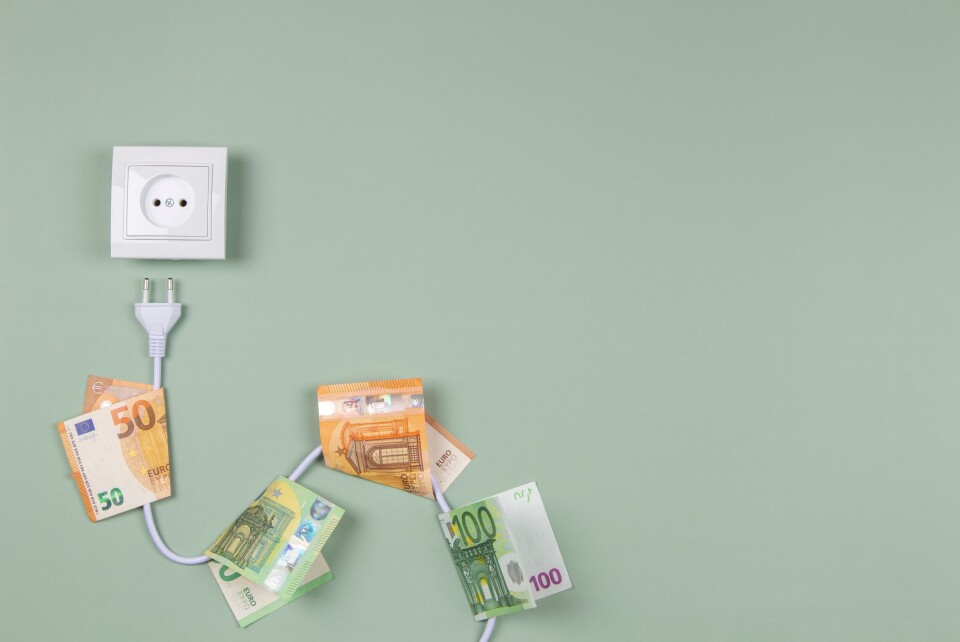-
Mysterious boom rattles residents in south-west France
Local community turns to social media for answers
-
France tightens reimbursement rules for flight delays or cancellations
New measures include mandatory mediation and new claim procedures
-
What snow conditions look like for skiers across French Alps and Pyrenees
Ski resorts are expected to get busier as school holidays begin this weekend
Energy bills in France ‘would double in 2023 without state protection’
The finance minister says bills will rise but will be contained and ‘reasonable’

French energy bills would double in 2023 were it not for the government’s ‘bouclier tarifaire’ (tariff shield) on regulated gas and electricity rates, the finance minister has said.
Bruno Le Maire said that without this measure, the rise in gas and electricity tariffs would be at least 100% next year in an interview with Les Echos.
This would equate to “an increase of €120 on average per household each month.
“There will be a rise in energy prices at the beginning of 2023, but it will be contained and reasonable in comparison to the worst case scenario,” he added.
Prime Minister Élisabeth Borne promised over the weekend that the government would “not let energy prices explode” for households.
When the gas tariff freeze and 4% electricity price rise cap come to an end on December 31, Mr Le Maire said that “we will keep measures to cushion energy prices”.
Ms Borne has also said that “we will take specific measures to support the most vulnerable”.
Read more: What energy price rises can people in France expect for 2023?
If gas prices had not been frozen by this ‘bouclier tarifaire’, they would be 105% higher now than they were in October 2021, energy regulator the Commission de régulation de l’énergie (CRE) has said.
This has also helped to keep the French inflation rate below that of other countries. In July, it hit 6.1% over a year, compared to 10.1% in the UK.
What are other countries doing about energy bills?
France’s strategy with regards to the rising cost of energy differs significantly from that of other countries.
In the UK it was announced last week that the energy price cap – the limit on what a supplier can charge for the default tariff – rose to £3,549 per year for an average household.
The government, which is still in the midst of a leadership race after Prime Minister Boris Johnson resigned in July, has been criticised for its “inaction” with regards to the crisis.
Welsh Minister for Social Justice Jane Hutt said: “Hundreds of thousands of families [...] are facing the biggest fall in living standards since records began.
“While oil and gas giants bathe in record profits from shaking down customers and revelling in government support packages, the UK government fails to even acknowledge an emergency budget is necessary.
“We need to freeze gas and electricity prices immediately and we need to tax the oil and gas giants making record profits.”
In Germany, the government has decided to bring back oil and coal-fired power plants to reduce the effects of the threat to gas supplies caused by the war in Ukraine.
It has also lowered sales tax on gas to protect consumers, costing the state €10billion.
Spain and Portugal have chosen to temporarily subsidise fossil fuel plant costs to bring prices down.
The Spanish government has said that the day after this new system came into effect, electricity was trading at €165 per MWh, 23% less than the previous day, Reuters reported.
Related articles
Can I change my French electricity supplier for a cheaper alternative?
Gas cuts: how French firms and homes will or will not be affected
Inflation: France will not see ‘double figure scenario’, says minister
























